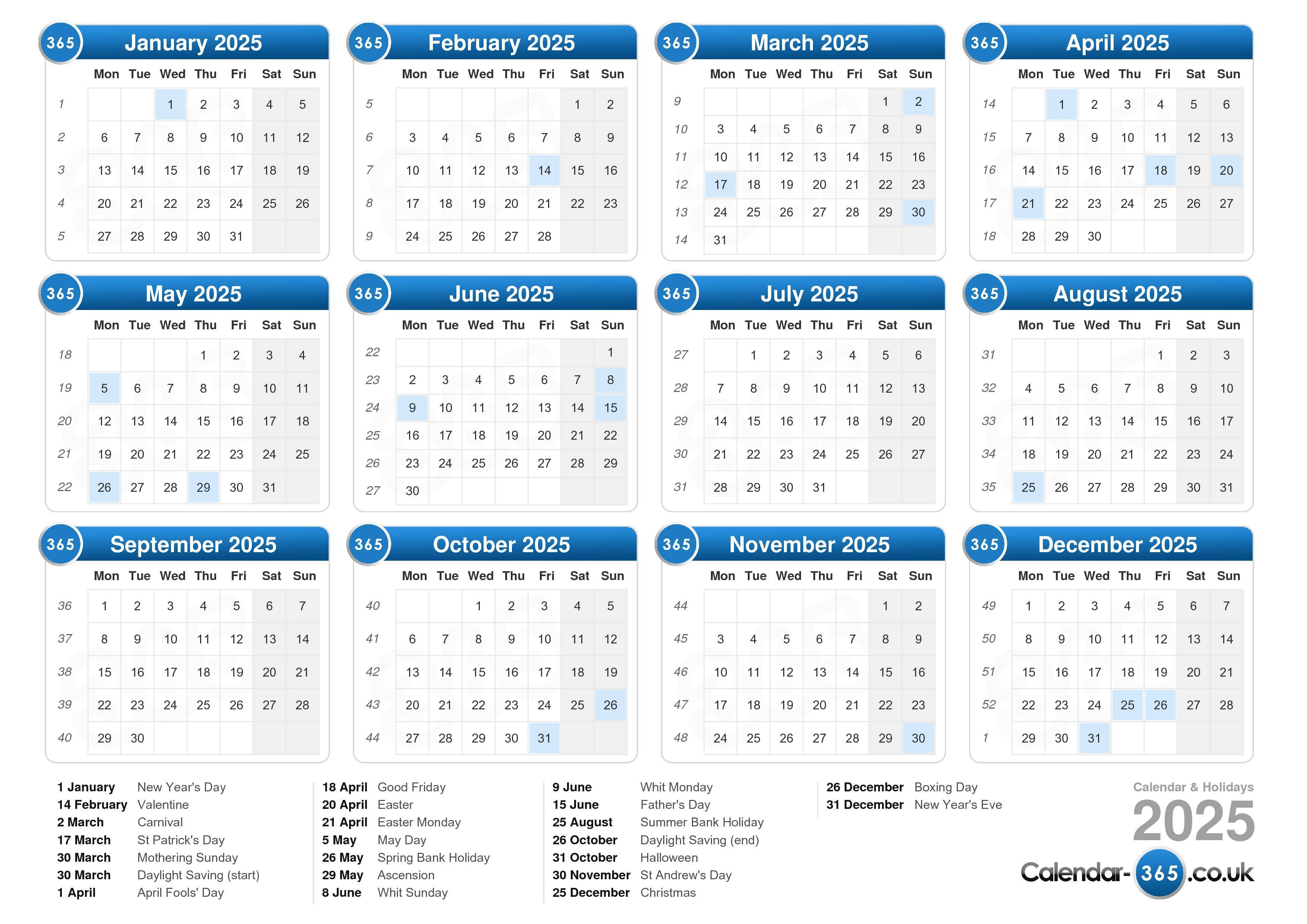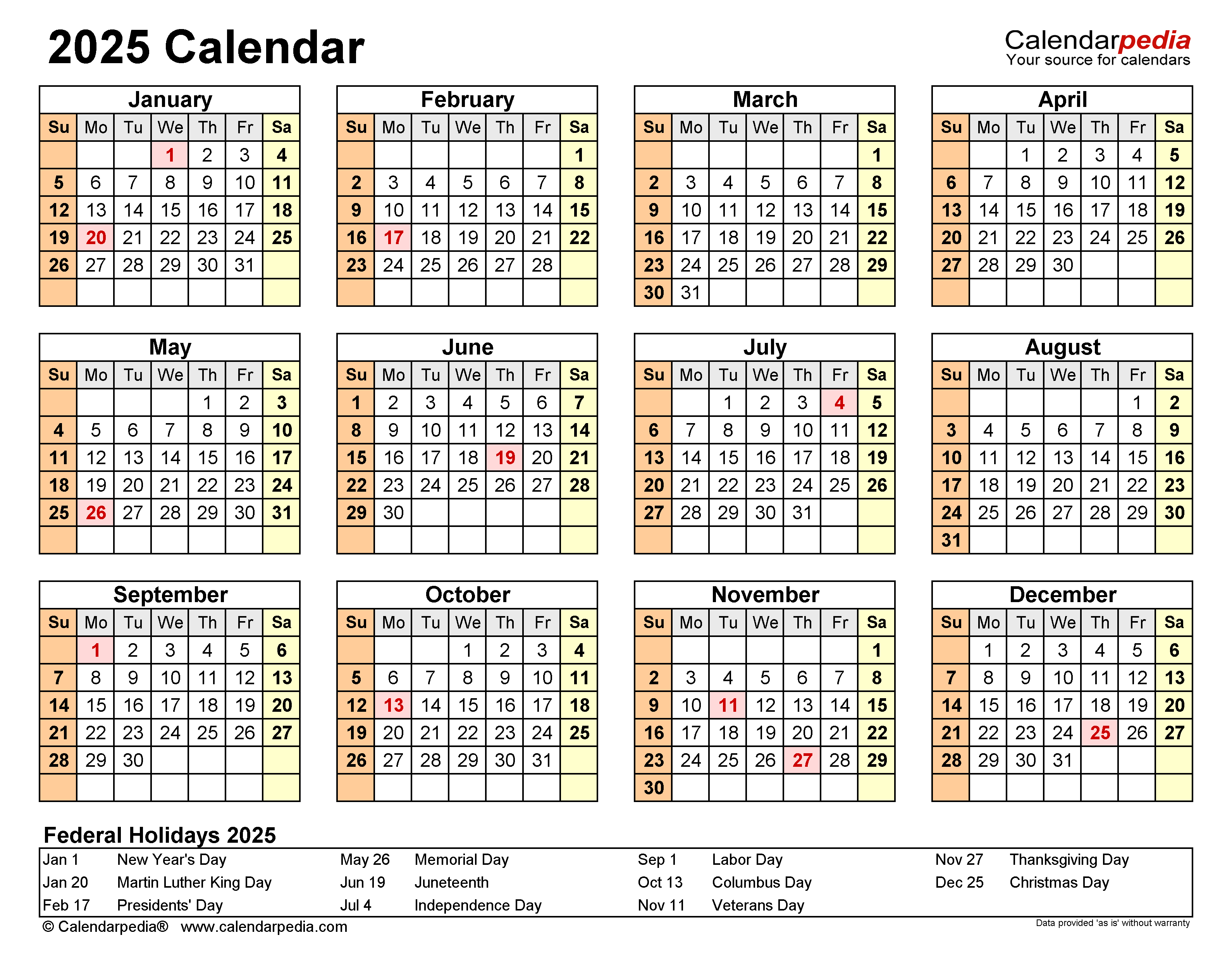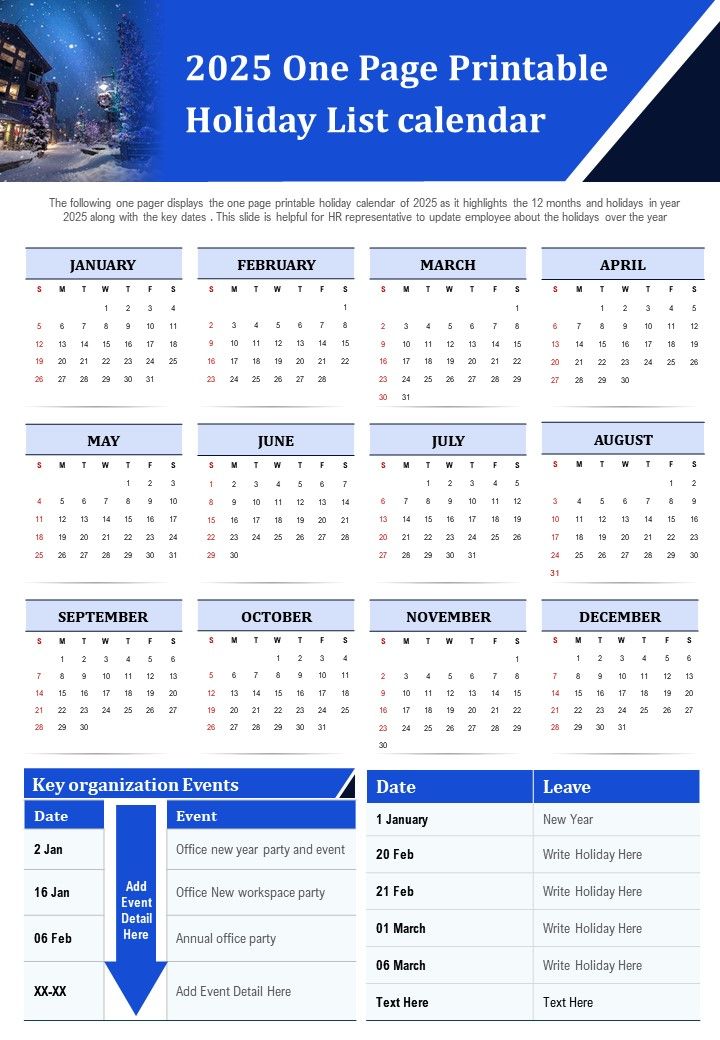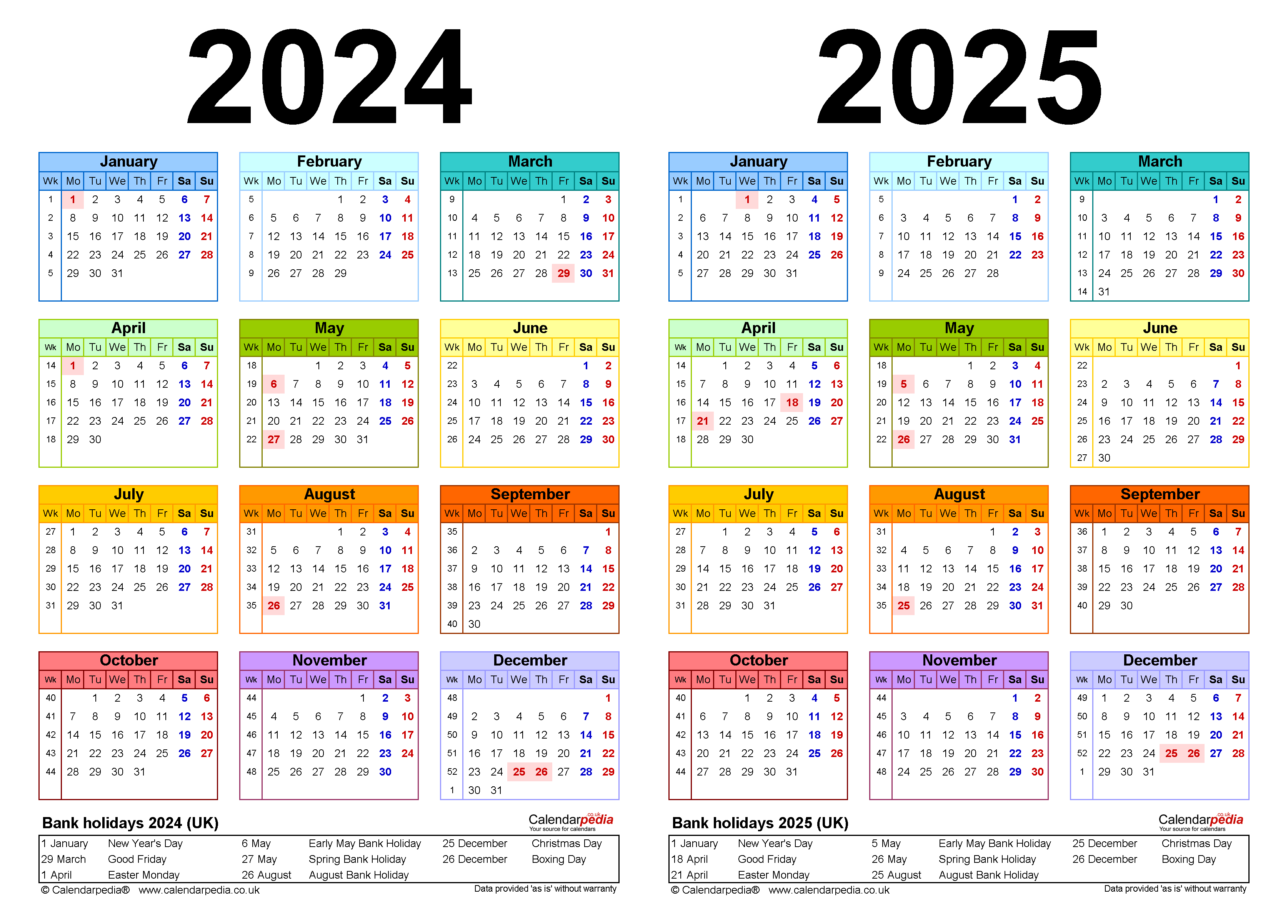PCalendar 2025: A Comprehensive Guide with Seasons
Related Articles: PCalendar 2025: A Comprehensive Guide with Seasons
- May 31, 2025: A Comprehensive Overview
- April 8, 2025: A Significant Date In The Hebrew Calendar
- 2025 Tom Jones Calendar UK: A Musical Masterpiece To Adorn Your Walls
- Staples Desk Pad Calendar 2025: A Comprehensive Guide
- Rocky Top Middle School Calendar: A Comprehensive Guide
Introduction
In this auspicious occasion, we are delighted to delve into the intriguing topic related to PCalendar 2025: A Comprehensive Guide with Seasons. Let’s weave interesting information and offer fresh perspectives to the readers.
Table of Content
Video about PCalendar 2025: A Comprehensive Guide with Seasons
PCalendar 2025: A Comprehensive Guide with Seasons

Introduction
The PCalendar is a perpetual calendar that was developed in the early 20th century. It is a simple and easy-to-use calendar that can be used to determine the day of the week for any given date. The PCalendar is also unique in that it takes into account the seasons, which makes it a valuable tool for planning outdoor activities and events.
How the PCalendar Works
The PCalendar is based on a simple mathematical formula that takes into account the number of days in a year and the number of days in a week. The formula is as follows:
Day of the week = (y + y/4 + c/4 - 2c + 26m + m/10 + d - 1) mod 7where:
- y is the year
- c is the century (the first two digits of the year)
- m is the month (1 for January, 2 for February, etc.)
- d is the day of the month
For example, to determine the day of the week for January 1, 2025, we would use the following formula:
Day of the week = (2025 + 2025/4 + 20/4 - 2(20) + 26(1) + 1/10 + 1 - 1) mod 7Day of the week = 3Therefore, January 1, 2025, will be a Wednesday.
Seasons in the PCalendar
The PCalendar takes into account the seasons by using a system of "season codes." Each season is assigned a code, as follows:
- Spring: 1
- Summer: 2
- Autumn: 3
- Winter: 4
The season code is used in the PCalendar formula to determine the day of the week for a given date. For example, to determine the day of the week for the first day of spring in 2025, we would use the following formula:
Day of the week = (y + y/4 + c/4 - 2c + 26m + m/10 + d - 1 + s) mod 7where:
- s is the season code (1 for spring)
For example, to determine the day of the week for the first day of spring in 2025, we would use the following formula:
Day of the week = (2025 + 2025/4 + 20/4 - 2(20) + 26(3) + 3/10 + 1 - 1 + 1) mod 7Day of the week = 6Therefore, the first day of spring in 2025 will be a Saturday.
Using the PCalendar
The PCalendar is a versatile tool that can be used for a variety of purposes. Here are a few examples:
- Planning outdoor activities: The PCalendar can be used to determine the best days to go camping, hiking, or fishing. By taking into account the seasons, you can avoid bad weather and make the most of your outdoor adventures.
- Scheduling events: The PCalendar can be used to schedule events such as weddings, parties, and conferences. By choosing a date that falls on a favorable day of the week, you can increase the chances that your event will be a success.
- Keeping track of important dates: The PCalendar can be used to keep track of important dates such as birthdays, anniversaries, and holidays. By marking these dates on the calendar, you can avoid forgetting them and ensure that you can celebrate them properly.
Conclusion
The PCalendar is a simple and easy-to-use calendar that can be used for a variety of purposes. By taking into account the seasons, the PCalendar can help you plan outdoor activities, schedule events, and keep track of important dates.








Closure
Thus, we hope this article has provided valuable insights into PCalendar 2025: A Comprehensive Guide with Seasons. We hope you find this article informative and beneficial. See you in our next article!